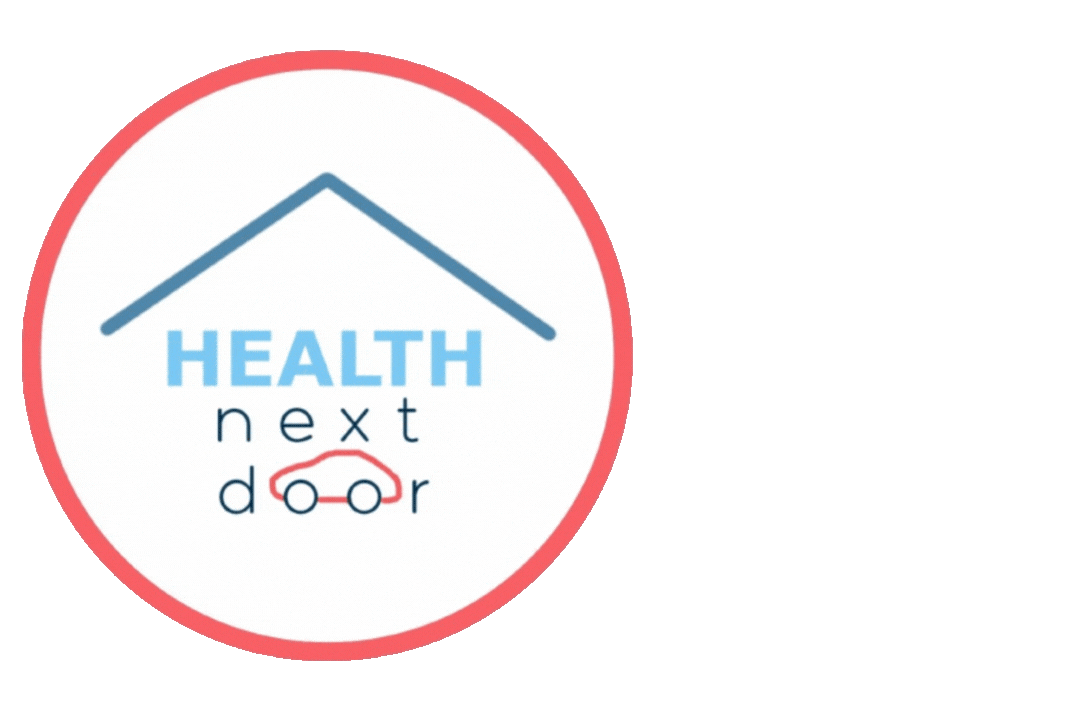Maximizing Mobility: Adaptive Equipment and Physiotherapy for Disabilities

Introduction:
Mobility is a fundamental aspect of human life, empowering individuals to explore their surroundings, engage in meaningful activities, and interact with others. However, for individuals with disabilities, achieving and maintaining mobility can be a significant challenge. Fortunately, the combination of adaptive equipment and physiotherapy offers a powerful synergy, enabling individuals with disabilities to overcome barriers and lead fulfilling lives.
The Role of Physiotherapy in Enhancing Mobility:
Physiotherapy serves as a cornerstone in the rehabilitation journey of individuals with disabilities. Through personalized interventions, physiotherapists address impairments, optimize physical function, and promote independence in mobility-related activities. Key components of physiotherapy for mobility enhancement include:
Assessment and Goal Setting: Physiotherapists conduct comprehensive assessments to understand the individual's unique abilities, limitations, and goals. Based on this assessment, personalized treatment plans are developed, focusing on improving strength, flexibility, balance, and coordination.
Exercise Prescription: Tailored exercise programs form the core of physiotherapy interventions for mobility enhancement. These exercises target specific muscle groups, improve joint range of motion, and enhance overall functional capacity. From strengthening exercises to gait training and balance exercises, the regimen is designed to address individual needs and maximize mobility potential.
Gait Training: For individuals with mobility impairments, gait training is a critical component of physiotherapy. Physiotherapists employ various techniques, such as parallel bars, walkers, and gait belts, to facilitate safe and efficient walking patterns. Through repetition and progressive challenges, individuals learn to navigate their environment with confidence and independence.
Assistive Devices and Orthotics: Physiotherapists collaborate with orthotists and rehabilitation engineers to recommend and customize assistive devices and orthotic interventions. From wheelchairs and scooters to braces and prosthetic limbs, these devices provide support, stability, and mobility assistance, enabling individuals to overcome physical barriers and engage in daily activities.
The Role of Adaptive Equipment in Promoting Independence:
In addition to physiotherapy, adaptive equipment plays a crucial role in maximizing mobility and enhancing independence for individuals with disabilities. These specialized tools and devices are designed to address specific challenges and facilitate participation in various activities of daily living. Some examples of adaptive equipment include:
Wheelchairs and Mobility Aids: Wheelchairs, scooters, and mobility aids offer individuals with mobility impairments the freedom to move independently in their environment. These devices come in various configurations, including manual, powered, and lightweight options, catering to diverse needs and preferences.
Transfer Aids: Transfer aids such as transfer boards, lifts, and hoists facilitate safe and efficient transfers between different surfaces, such as beds, chairs, and vehicles. These aids reduce the risk of falls and injuries while promoting independence in daily activities.
Adaptive Utensils and Tools: Adaptive utensils and dressing aids are designed to enhance independence in self-care tasks such as eating, grooming, and dressing. These tools feature ergonomic designs, easy-grip handles, and extended reach capabilities, making daily activities more manageable for individuals with dexterity impairments.
Maximizing Mobility with Health Next Door:
At Health Next Door, we believe in empowering individuals with disabilities to achieve their mobility goals and live life to the fullest. Through a holistic approach that combines physiotherapy interventions with adaptive equipment solutions, we strive to optimize functional independence and enhance the quality of life for our clients. Whether you're navigating the challenges of a neurological condition, recovering from a traumatic injury, or managing a chronic disability, our dedicated team is here to support you every step of the way. Together, let's unlock your potential and maximize your mobility journey with Health Next Door.


-2.png?width=50&height=50&name=a43a24%20(1)-2.png)